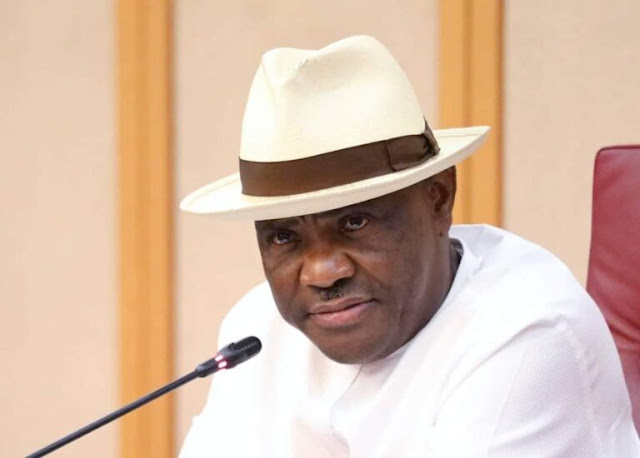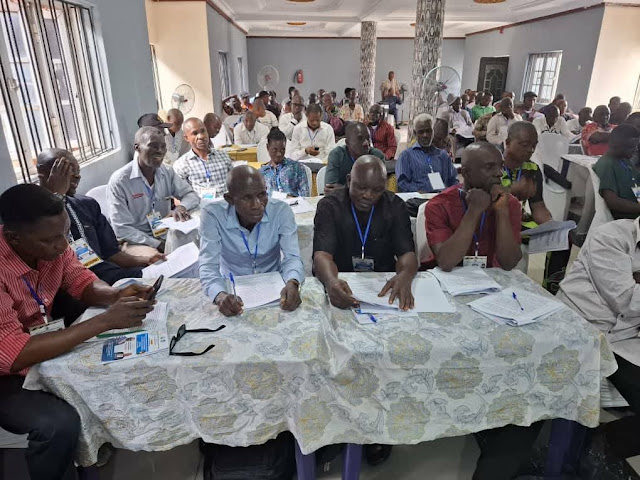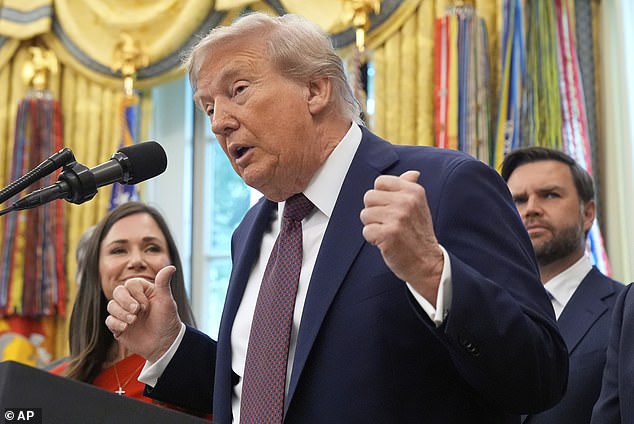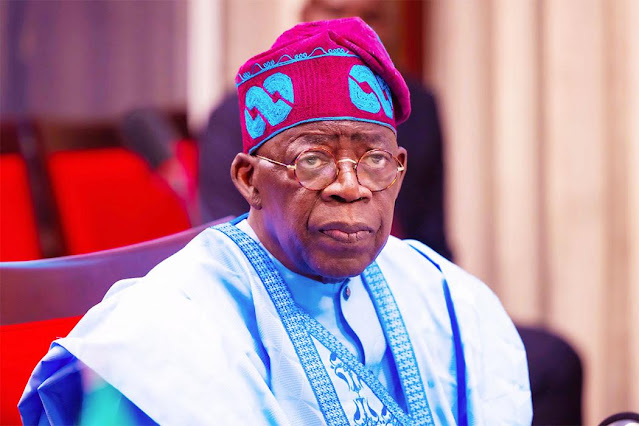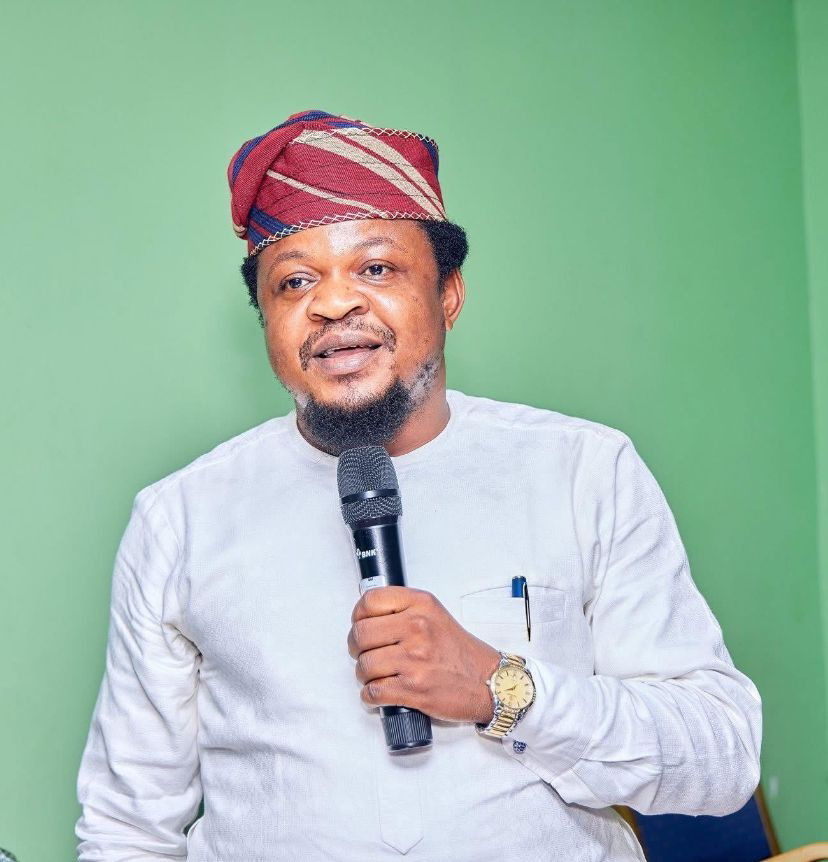In the ever-turbulent landscape of Nigerian politics, the Peoples Democratic Party (PDP) in Cross River State has become the latest battleground for internal power struggles, as a faction of the party has openly challenged the influence of Nyesom Wike, the powerful Minister of the Federal Capital Territory (FCT). The faction, led by the state’s vice chairman, Mr. Asuquo Ekpo, has declared its intention to block Wike’s loyalists from controlling the state’s PDP chairmanship, setting the stage for a contentious state congress scheduled for September 27, 2025. This bold move has reignited discussions about factionalism within the PDP, the role of political heavyweights like Wike, and the future of the party as it prepares for the 2027 elections.
The Conflict: A Defiant Stand Against Wike
The controversy stems from a recent meeting convened by the Cross River PDP caucus, which was attended by key party leaders and stakeholders from the southern senatorial district. The meeting, chaired by Asuquo Ekpo, was called to address pressing political developments affecting the state and the senatorial district. In a strongly worded communique issued after the meeting, the faction condemned a resolution by Wike’s loyalists, who had met in Abuja and called for the extension of the tenure of the incumbent state chairman, Venatius Ikem. The faction described Ikem’s leadership as “riddled with conflict and divisive tendencies,” accusing it of failing to unite the party and promote inclusivity.
The caucus reaffirmed its commitment to ensuring a transparent, rancour-free state congress, in line with the national template and resolutions from a special stakeholders’ meeting in Cross River. According to Ekpo, the caucus has adopted the existing allocation of state party offices to the southern senatorial district and has directed local government areas within the district to nominate competent representatives for the upcoming congress. The faction also expressed its willingness to engage with other local government areas to accommodate or realign zoning arrangements as needed, signaling a strategic approach to consolidating power and influence within the state.
At the heart of the dispute is the influence of Nyesom Wike, a former governor of Rivers State and a towering figure within the PDP. Wike, known for his political clout and ability to mobilize resources, has been a polarizing figure in the party, with his loyalists wielding significant influence in several states, including Cross River. The Abuja meeting, attended by Wike’s allies, was seen as an attempt to maintain control over the state’s PDP structure by extending Ikem’s tenure, a move that Ekpo’s faction has vehemently rejected. The faction’s defiance represents a direct challenge to Wike’s authority and underscores the growing tensions within the PDP as it navigates internal divisions and prepares for its national convention in November 2025.
The Broader Context: PDP’s Internal Struggles
The conflict in Cross River is part of a larger pattern of factionalism within the PDP, one of Nigeria’s two major political parties alongside the ruling All Progressives Congress (APC). The PDP, which governed Nigeria from 1999 to 2015, has faced significant challenges in recent years, including defections, leadership crises, and electoral losses. The party’s internal divisions have been exacerbated by competing factions vying for control ahead of the 2027 general elections, with Wike emerging as a central figure in these power struggles.
Wike’s influence within the PDP stems from his tenure as governor of Rivers State, where he built a reputation as a formidable political strategist and a staunch defender of the party’s interests. However, his alignment with certain factions and his perceived anti-party activities, including his reported support for APC candidates in past elections, have made him a controversial figure. In Cross River, Wike’s loyalists, led by figures like Dan Orbih, have sought to maintain control over the party’s structure, particularly through the South-South zonal congress held in Calabar earlier in 2025. This congress, which Wike insisted was legitimate, was rejected by the PDP’s National Working Committee (NWC), further deepening the rift between Wike’s camp and other party leaders.
The Cross River faction’s defiance of Wike is not an isolated incident. In recent months, other PDP leaders have also challenged Wike’s influence. For instance, Bauchi State Governor Bala Mohammed, who chairs the PDP Governors’ Forum, has publicly dared Wike to form a “faction of fools” to disrupt the party’s national convention scheduled for November 15-16, 2025, in Ibadan. Mohammed’s remarks, made during the inauguration of the PDP National Convention Organising Committee, reflect the growing frustration among some party leaders with Wike’s attempts to assert dominance. Similarly, the camp of Oyo State Governor Seyi Makinde has dismissed Wike’s faction as inconsequential, declaring the Ibadan convention a “done deal” that no force can stop.
These developments highlight the precarious state of the PDP as it seeks to reposition itself as a viable opposition party. The party’s internal struggles are compounded by external pressures, including the APC’s dominance and the emergence of opposition coalitions aimed at challenging President Bola Tinubu’s administration in 2027. The Cross River faction’s stand against Wike is thus a microcosm of the broader battle for the soul of the PDP, with implications for the party’s unity and electoral prospects.
Key Figures: Wike, Ekpo, and Ikem
To fully understand the dynamics of the Cross River PDP conflict, it’s essential to examine the key figures involved. Nyesom Wike, as the FCT Minister and a former two-term governor of Rivers State, is one of the most influential politicians in Nigeria. His ability to mobilize resources, build alliances, and influence party decisions has made him a dominant force within the PDP. However, his confrontational style and alleged anti-party activities have alienated some party members, who view him as a destabilizing force. Wike’s insistence on controlling the PDP’s structure in states like Cross River is seen as part of his broader strategy to maintain influence ahead of the 2027 elections, where he is rumored to be eyeing a significant role, possibly even a presidential run.
Asuquo Ekpo, the PDP’s state vice chairman in Cross River, has emerged as a key figure in the resistance against Wike’s influence. Ekpo’s leadership of the faction opposing Wike demonstrates his commitment to ensuring a transparent and inclusive congress process. His communique condemning Ikem’s leadership and Wike’s interference reflects a broader sentiment among some PDP members in Cross River who seek to reclaim control of the party’s structure from external influences. Ekpo’s call for competent representatives and flexible zoning arrangements suggests a pragmatic approach to uniting the party and strengthening its position in the state.
Venatius Ikem, the incumbent state chairman, is at the center of the controversy. Wike’s loyalists have pushed for the extension of Ikem’s tenure, arguing that his leadership is essential for maintaining stability in the state. However, Ekpo’s faction has accused Ikem of fostering division and failing to promote unity within the party. The conflict over Ikem’s leadership underscores the broader struggle for control of the PDP’s state machinery, with both sides vying to shape the party’s direction ahead of the 2027 elections.
Public and Party Reactions
The Cross River PDP faction’s defiance of Wike has elicited a range of reactions from party members, political analysts, and the public. On platforms like X, discussions about the conflict have been lively, with some users praising Ekpo’s faction for standing up to Wike’s perceived overreach. “Wike can’t control every state in the PDP,” one user posted. “Cross River is showing that the party belongs to the people, not one man.” Others have expressed concern about the potential for further division within the PDP, warning that internal conflicts could weaken the party’s chances against the APC in 2027.
Within the PDP, reactions have been mixed. Supporters of Wike argue that his leadership and resources are critical for the party’s success, particularly in the South-South region, which has historically been a PDP stronghold. They view the Cross River faction’s defiance as a betrayal of party unity and an attempt to undermine Wike’s contributions. Conversely, critics of Wike, including governors like Bala Mohammed and Seyi Makinde, see the Cross River faction’s actions as a necessary step to curb Wike’s dominance and restore democratic principles within the party.
Political analysts have also weighed in, noting that the Cross River conflict reflects deeper issues within the PDP. “The PDP is at a crossroads,” says Dr. Chidi Okonkwo, a political scientist based in Abuja. “The party needs to resolve these internal conflicts and present a united front if it hopes to challenge the APC in 2027. Wike’s influence is both a strength and a liability, and the Cross River faction’s defiance is a test of the party’s ability to balance competing interests.”
Broader Implications: The Future of the PDP
The conflict in Cross River has significant implications for the PDP’s future, both in the state and nationally. At the state level, the outcome of the September 27 congress will determine whether Ekpo’s faction succeeds in wresting control from Wike’s loyalists and reshaping the party’s leadership. A successful congress could strengthen the PDP’s position in Cross River, a state that has been a key battleground in Nigerian politics. However, a prolonged conflict could further weaken the party, potentially leading to defections to the APC or other opposition parties.
Nationally, the Cross River conflict is a microcosm of the PDP’s broader struggle to redefine itself as a viable opposition party. The party’s national convention in Ibadan, scheduled for November 15-16, 2025, will be a critical moment for addressing these internal divisions. The convention is expected to produce new leadership and set the stage for the PDP’s 2027 election strategy. However, Wike’s influence and the resistance from factions like the one in Cross River could complicate these efforts, potentially leading to a fractious convention.
The conflict also raises questions about the role of political heavyweights like Wike in shaping the PDP’s future. While Wike’s resources and influence are undeniable, his confrontational approach has alienated many party members, creating a dilemma for the PDP’s leadership. Balancing the need for unity with the demands of powerful figures like Wike will be a key challenge for the party moving forward.
The Role of Women in the PDP
Amid the power struggles, the Cross River faction also took time to commend the National Woman Leader, Mrs. Amina Bryhm, for her efforts to stabilize the PDP in the state. Bryhm’s leadership has been a bright spot for the party, particularly in promoting inclusivity and engaging with grassroots members. Her role highlights the importance of women in Nigerian politics, a sector that has historically been male-dominated. The faction’s acknowledgment of Bryhm’s contributions suggests a recognition of the need to broaden the party’s base and appeal to diverse groups, including women and youth, as it prepares for future elections.
Conclusion: A Test of the PDP’s Resilience
The defiance of the Cross River PDP faction against Nyesom Wike is more than a local power struggle; it is a reflection of the broader challenges facing the Peoples Democratic Party as it seeks to reclaim its position as Nigeria’s leading opposition party. The conflict underscores the tension between unity and factionalism, the influence of political heavyweights, and the need for transparency and inclusivity within the party. As the September 27 state congress approaches, all eyes will be on Cross River to see whether Ekpo’s faction can deliver on its promise of a rancour-free process and challenge Wike’s dominance.
For the PDP, the stakes are high. The outcome of the Cross River conflict and the upcoming national convention will shape the party’s trajectory as it prepares for the 2027 elections. In a political landscape dominated by the APC, the PDP must navigate these internal divisions carefully to present a united front and offer Nigerians a credible alternative. The Cross River faction’s bold stand against Wike is a reminder that the fight for control of the PDP is far from over, and the party’s ability to resolve these conflicts will determine its future in Nigerian politics.


